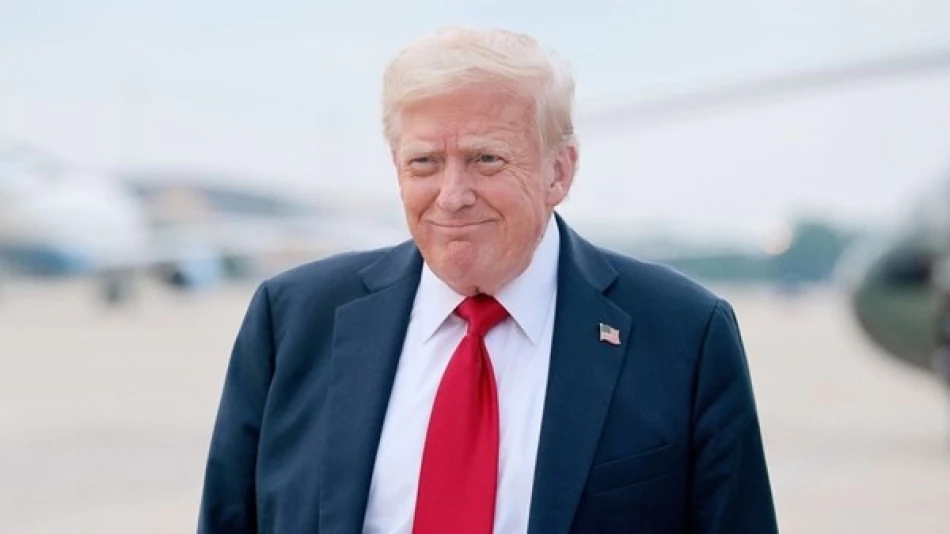
Trump Plans to Impose Sanctions on Russia: A Geopolitical Shift Shaping Global Dynamics
Trump Threatens Russia with Economic Sanctions Over Ukraine Ceasefire Refusal
President Donald Trump escalated diplomatic pressure on Moscow Tuesday, warning that the United States is prepared to impose additional economic sanctions on Russia if President Vladimir Putin refuses to agree to a ceasefire in Ukraine. The threat marks a significant shift toward economic warfare as Trump explicitly ruled out military escalation, stating America will not enter a "world war" over the conflict.
Economic Warfare Takes Center Stage
Trump's ultimatum represents a calculated bet that financial pressure can succeed where military deterrence has struggled. "We want an end. We have economic sanctions. I'm talking about economic sanctions because we're not going into a world war," Trump declared, drawing a clear line between diplomatic coercion and military intervention.
This approach signals a return to the sanctions-heavy strategy that has defined Western responses to Russian aggression since 2014, when Moscow first annexed Crimea. However, the current threat comes at a time when Russia's economy has already adapted to years of isolation, raising questions about the effectiveness of additional financial restrictions.
Market Implications and Global Economic Ripple Effects
The prospect of expanded sanctions carries significant implications for global markets, particularly in energy and commodities sectors. Russia remains a major supplier of oil, natural gas, and critical minerals, meaning new restrictions could trigger price volatility across multiple asset classes.
Energy Markets on Edge
Oil and gas markets are likely to react sensitively to any concrete sanctions announcements. Previous rounds of Russia sanctions have created supply disruptions that benefited producers in the Middle East, North America, and other regions while imposing costs on European consumers heavily dependent on Russian energy.
Currency and Financial Sector Impact
Additional sanctions would likely target Russia's financial infrastructure, potentially affecting the ruble's stability and Moscow's access to international banking systems. This approach mirrors successful pressure campaigns against Iran, though Russia's larger economy and existing sanctions experience may limit effectiveness.
Diplomatic Chess Match Intensifies
Trump's public ultimatum represents a high-stakes diplomatic gambit that puts both leaders in difficult positions. For Putin, accepting ceasefire terms under explicit sanctions threats could appear as capitulation to domestic audiences, while for Trump, following through on sanctions threats without results could signal American impotence.
The timing suggests Trump is attempting to leverage whatever economic advantages the United States retains before Russia further decouples from Western financial systems. This strategy has worked in other contexts—sanctions helped bring Iran to nuclear negotiations and pressured South Africa to end apartheid—but success requires sustained international coordination and clear off-ramps for targeted nations.
Historical Context and Strategic Precedents
This sanctions-first approach echoes successful American strategies from the Cold War era, when economic pressure proved more sustainable than military confrontation. The Cuban Missile Crisis resolution, for instance, combined firm military posturing with diplomatic flexibility, though the current Ukraine situation involves far higher stakes and more complex international dynamics.
Unlike previous sanctions regimes, however, Russia has spent years building alternative financial infrastructure and strengthening ties with China, India, and other non-Western economies. This "sanctions-proofing" may limit the impact of additional economic restrictions, requiring more creative and targeted approaches to achieve meaningful pressure.
Most Viewed News

 Layla Al Mansoori
Layla Al Mansoori






